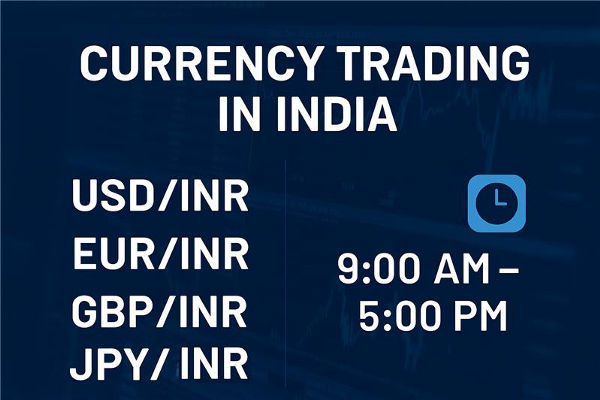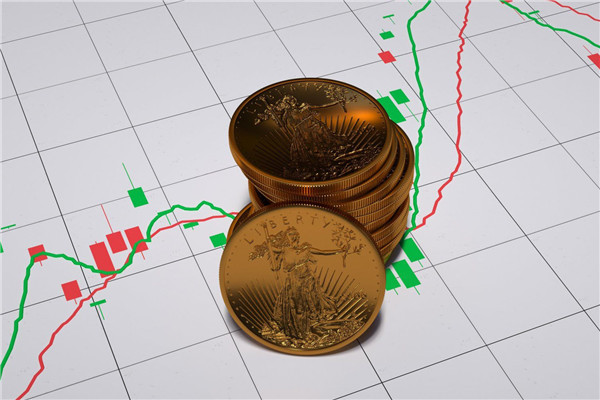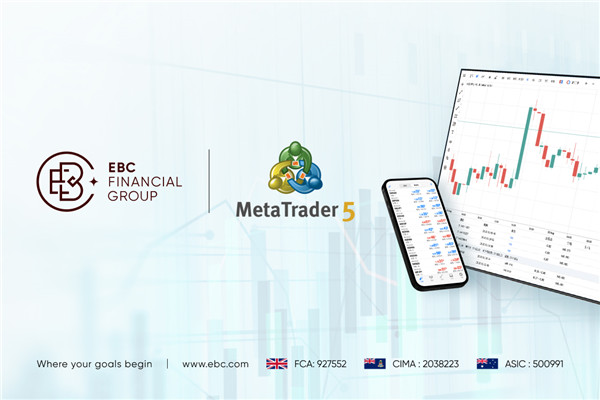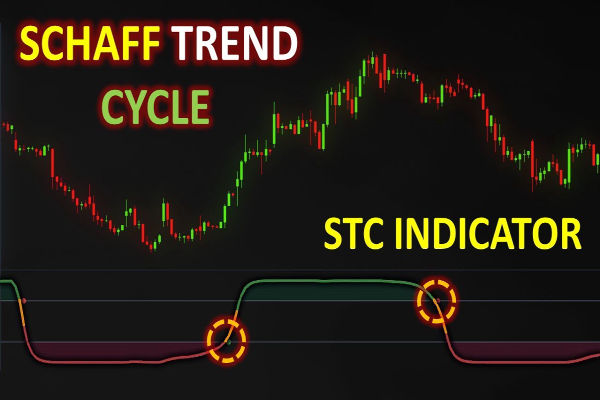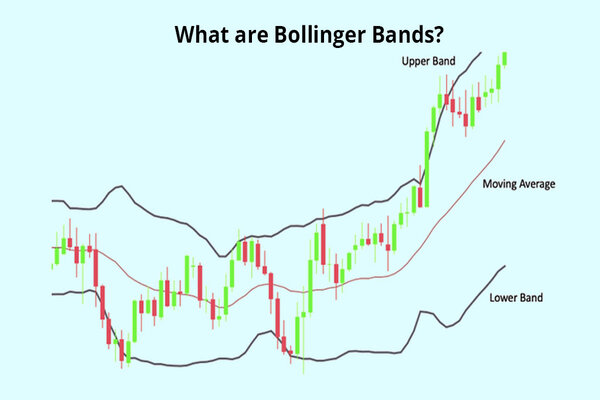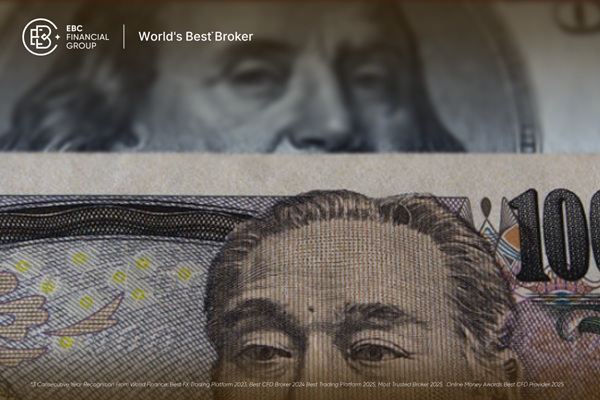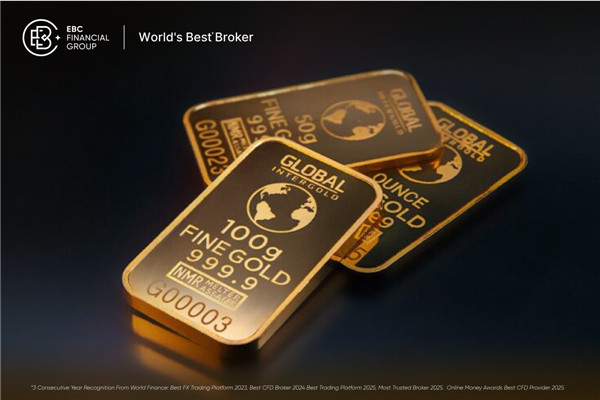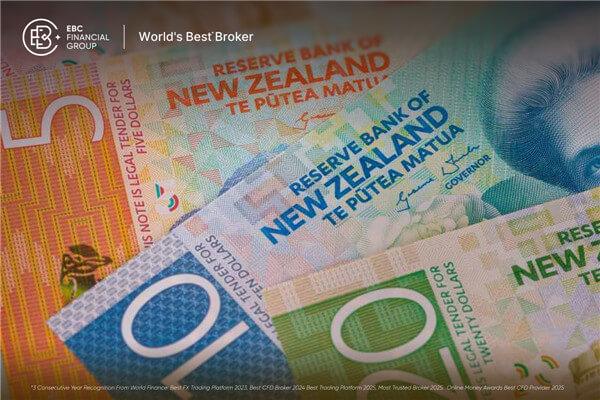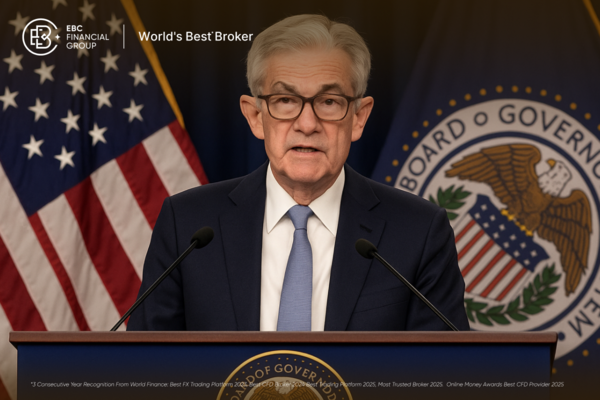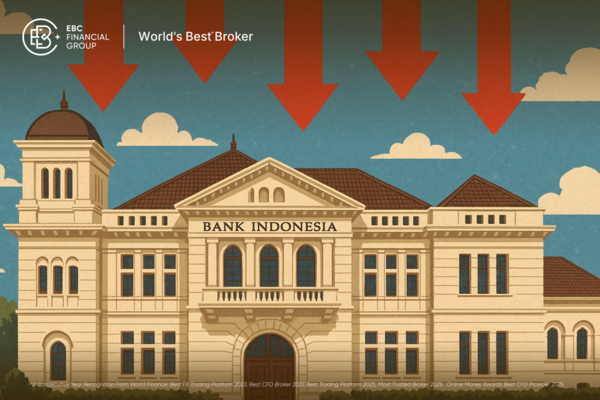The forex market is different from traditional stock or futures markets in that it does not have a fixed centralized trading venue, but is organized in the form of an over-the-counter trading market, consisting of institutional markets and retail markets.
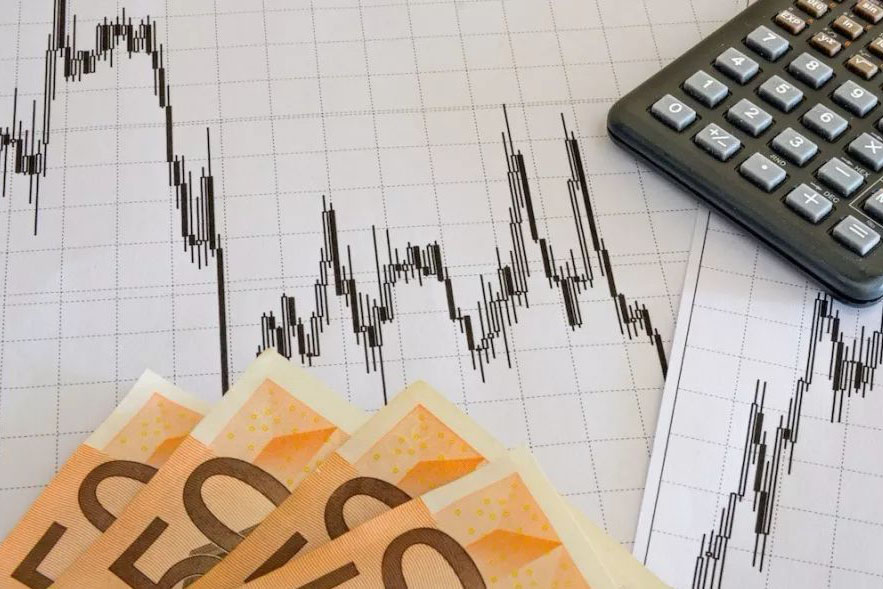
Forex market refering to the market that operates the trading of foreign currency and foreign currency denominated securities, and is the main component of the financial market. Previously, the general understanding of the foreign exchange market was only a concept of foreign currency. However, after several periods of evolution, it has become more widely understood by the general public and has been applied as a financial tool for forex trading. The forex market is an abbreviation for international exchange. The concept of market can be divided into static and dynamic. Dynamic forex refers to the financial activity of converting one country's currency into another country's currency to settle international debts. In this sense, dynamic forex is equivalent to international settlement. Static forex can be divided into broad and narrow senses.
Broadly speaking, forex is governed by laws and regulations surrounding forex management. It generally refers to all external financial assets. According to Article 3 of the current Regulations of the People's Republic of China on forex Management, forex refers to payment methods and assets expressed in foreign currency that can be used for international settlement. Narrowly speaking, forex refers to the means of payment expressed in foreign currency for international transactions.
Regardless of whether you understand the forex market or not, everyone is already a part of it. In short, the money in your pocket has made you an investor in currency. If you reside in the United States, various loans, stocks, bonds, and other investments are measured in US dollars. Unless you are one of the few investors who owns a foreign currency account or has purchased multiple currencies or stocks, you are primarily an investor in US dollars.
By holding US dollars, you have essentially chosen not to hold currencies from other countries, as the stocks, bonds, and other investments you buy, along with your bank deposits, are all denominated in US dollars. The appreciation or depreciation of the US dollar can affect the value of your assets, thereby impacting your overall financial condition. As a result, many astute investors leverage the fluctuating nature of forex rates to engage in forex trading and profit from it.
The forex market has undergone significant changes since its inception. Initially, the United States and its allies operated under the Bretton Woods Agreement, which pegged a country's currency exchange rate to its gold reserves. However, in the summer of 1971, after President Nixon suspended the exchange of the US dollar for gold, a floating exchange rate system emerged. The exchange rate of a currency now depends on supply and demand, as well as its relative value. The reduction of obstacles and the increase of opportunities, such as the collapse of communism and the dramatic economic growth in Asia and Latin America, have created new prospects for forex investors.
The frequent trade exchanges and the increase in international investment have formed an inseparable relationship between the economies of various countries. Regular global economic reports such as inflation rates, unemployment rates, and unexpected news such as natural disasters or political instability are all factors that affect the value of the currency. Currency fluctuations also affect the supply and demand of this currency internationally. The volatility of the US dollar continues to compete with other currencies in the world. The result of international trade and exchange rate fluctuations has created the world's largest trading market - the forex market, a first-class world-class market with efficiency, fairness, and liquidity.
The trading market operates as a cash interbank market, also known as a dealer-to-dealer market, distinguishing it from traditional physical markets. There are no physical venues for trading; instead, transactions occur globally via telephone and computer terminals. The direct interbank market primarily consists of traders with foreign exchange clearing qualifications, whose activities account for the majority of overall forex trading. This structure has generated immense trading volume, making the forex market the most liquid market in the world.
Established in 1971 after the abolition of the gold exchange standard, the international forex market is the youngest of the major financial markets.
The forex market is the world's largest financial market, boasting a staggering daily trading volume of up to $150 trillion. Traditionally, it was believed that trading in this market was suitable only for banks, consortia, and financial managers. However, over the years, the market has expanded significantly, connecting a diverse range of participants, including central banks, brokers, corporate organizations (such as importers and exporters), and individual investors. Many institutional entities, including the Federal Reserve, generate substantial profits through these trades. Today, the market not only offers profit opportunities for banks and consortia but also provides individual investors with the chance to participate and benefit.
Functions of Forex
Promoting International Economic Development and Trade:
The market facilitates the settlement of international debts, saving on cash transportation costs, reducing risks, and shortening payment times. This accelerates capital turnover and expands international credit exchanges, ultimately promoting the development of global trade.
Addressing International Funding Surpluses and Shortages:
The uneven development of the world economy has resulted in imbalances in fund allocation. While some countries have a surplus of funds, others face significant shortages. The market acts as a means of international payment, enabling the adjustment of surpluses and shortages through credit and investment channels, thereby fostering balanced economic development across nations.
Serving as a Key Component of a Country's International Reserves:
This market is a crucial part of a country's international reserves and a primary means of repaying international debts. Similar to gold reserves, it serves as a national asset that can be utilized to settle debts in the event of a balance of payments deficit.
【 EBC Platform Risk Reminder and Disclaimer 】: There are risks in the market, and investment needs to be cautious. This article does not constitute investment advice.






